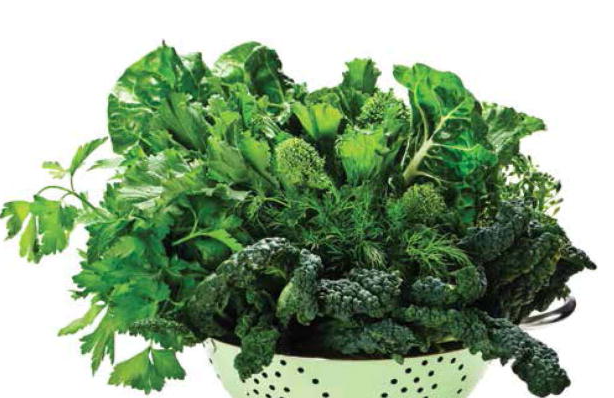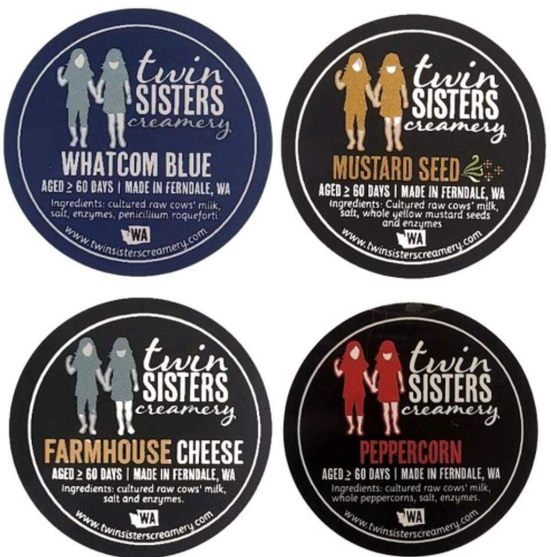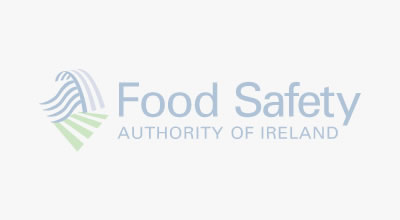A publication entitled “Mature Listeria monocytogenes biofilms exhibit reduced susceptibility to sanitizers – relevance to the (leafy green) fresh food supply chain”, Sutton et al, Journal of Food Protection, 24 October 2025. Deals with the impact of biofilm formation on Listeria survival and sensitivity to common inhibitors. Listeria monocytogenes can survive and grow under harsh conditions, such as refrigeration temperatures and low oxygen or nutrient concentrations, which is why it is a problem in the fresh food supply chain. The study evaluated the efficacy of common sanitizing methods used in the fresh food supply chain, where biofilm formation has raised concerns. The study shows that temperature affects biofilm growth on stainless steel: biofilm growth reached ∼8 log10 CFU/cm2 at 20°C, but was significantly lower at 4°C (∼4 log10 CFU/cm2), highlighting the importance of maintaining a cold chain. Chlorine and peracetic acid were shown to be effective at treating Listeria in the planktonic form. Still, they were ineffective at treating aged biofilms at both temperatures and at the high sanitization concentrations used. The work provides important information on sanitization efforts in the fresh food supply chain, including factory temperatures, processing surfaces, and biofilm age. @ https://www.sciencedirect.com/science/article/pii/S0362028X25002042



